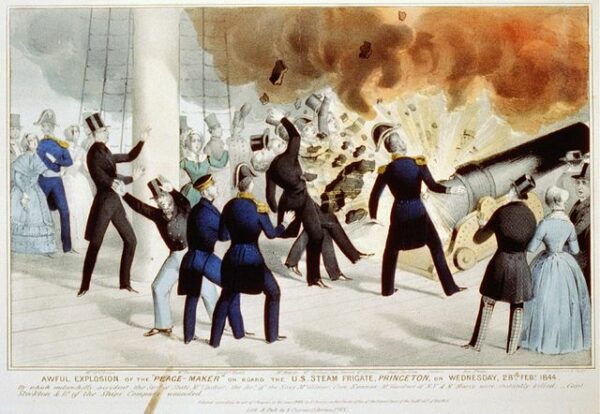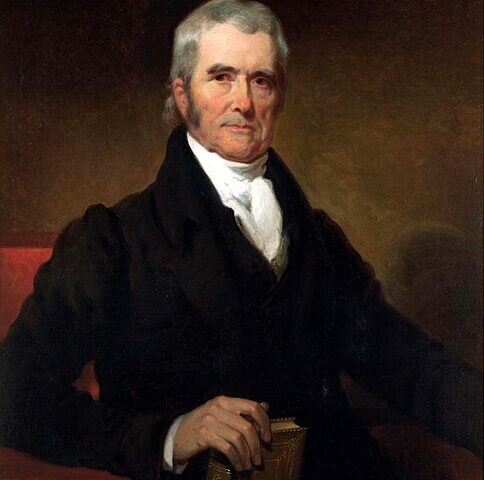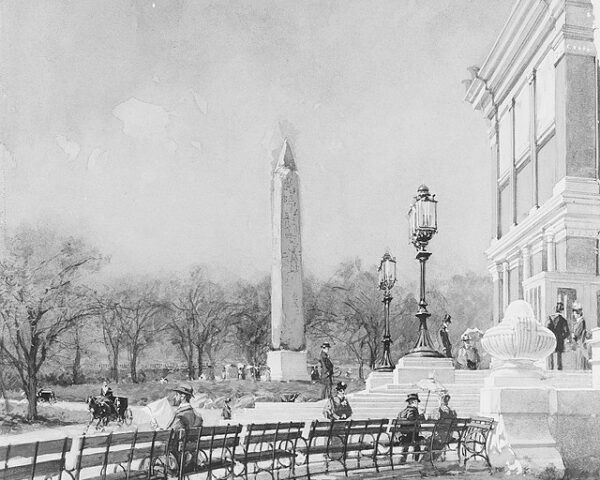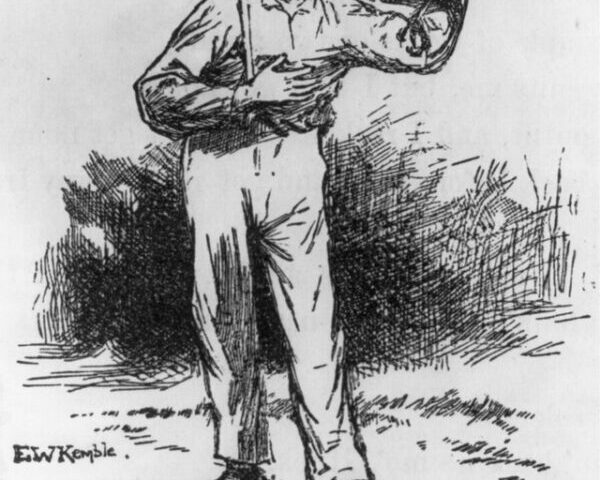On February 28, 1844, an explosion on the Potomac River changed the course of American history. The USS Princeton was a steam-powered warship designed to showcase the latest technological advancements in naval weaponry. One of its most notable features was the “Peacemaker,” a large naval gun…
Read MoreAbraham Lincoln’s Cooper Union address, delivered on February 27, 1860, in New York City, stands as one of the most legendary speeches ever given by an American politician. At the time, the United States was deeply divided over the issue of slavery, and the…
Read MoreOn February 25, 1836, at the age of 22, Samuel Colt received a U.S. patent that would change American history—the Colt revolver. Unlike traditional firearms of the time, Colt’s design featured a rotating cylinder that could hold multiple rounds of ammunition. This innovative design…
Read MoreOn February 24, 1803, the Supreme Court established its power, shaping the country’s constitutional framework and establishing the principle of judicial review. Marbury v Madison centered around a dispute involving William Marbury, one of the “midnight judges” appointed by outgoing President John Adams in the final…
Read MoreCleopatra’s Needle, an ancient Egyptian obelisk with a storied history, found its way to New York City in the late 19th century, becoming a prominent monument and a symbol of cultural exchange between ancient civilizations and the modern world. The story of Cleopatra’s Needle…
Read MoreThe Washington Monument stands proudly on the National Mall in Washington, D.C., a towering tribute to the nation’s first president, George Washington. Its dedication, a momentous occasion in American history, marked the culmination of years of planning, fundraising, and construction. The monument’s dedication on…
Read MoreOn February 20, 1792, the United States Congress enacted The Postal Service Act, a landmark piece of legislation that shaped the early history of the United States and laid the foundation of the nation’s postal system. Signed by George Washington, the law played a…
Read MoreOn February 19, 1807, former Vice President Aaron Burr was arrested for treason in Wakefield, Alabama, and confined to Fort Stoddert. The treason trial of Aaron Burr in 1807 marked a pivotal and controversial moment in American history, revealing the fragility of the young…
Read MoreFirst published in the United Kingdom in 1884, Mark Twain’s “Adventures of Huckleberry Finn” hit the book stores in the United States on February 18, 1885 as a sequel to Twain’s earlier novel, “The Adventures of Tom Sawyer.” The novel is narrated by Huck…
Read MoreOn February 17, 1820, hoping to end the question of the future of slavery in the United States, Congress introduced the Missouri Compromise. Henry Clay, a prominent statesman, orchestrated the compromise with the intent of preserving harmony in the Union by delicately balancing the…
Read More










